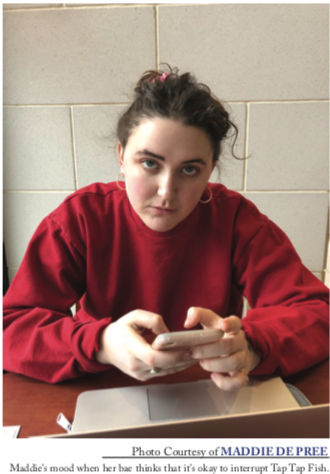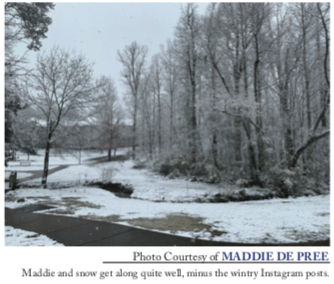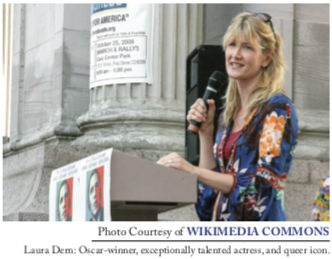At two and a half hours and with a slew of repetitive plot devices and character quirks, Spielberg’s latest super sentimental historical adventure Lincoln often acts more like a history lecture (albeit an often successful one) than an exciting cinematic journey.
For those of you who are unaware, Lincoln is not so much a biographical study of the sixteenth president’s life, but instead an exploration of the tireless and occasionally questionable work that went into passing the 13th Amendment of the Constitution, which abolished slavery. The film dives behind the scenes of one of our nation’s greatest moments as Republicans seek to garner an additional twenty votes to support the amendment. Their attempts lead them through back alley deals, hiding war information and sitting voters down for a good heart to heart with old honest Abe.
To start on a positive note, the film was a great avenue for Daniel Day-Lewis to give Hollywood one of the most moving performances of one of America’s most beloved leaders to date. Day-Lewis’ calm subtleties mixed with occasional moments of Lincoln’s traditional fiery nature were humorous, moving, and thought provoking (some of these were achieved simultaneously). Unfortunately, despite Day-Lewis’ terrific ability, he does not always avoid some of the repetitiveness of the script, which left him at times as more a wise sage recalling old stories rather than a multifaceted commander-in-chief.
Other characters including the three lobbyists (for lack of a better word), the somber Robert (Joseph Gordon-Levitt), or the hopeful Elizabeth Keckley, were still a little flat. Even Tommy Lee Jones’ performance as Thaddeus Stevens, while delightfully fun, was not incredibly deep or unique. The only rival to Day-Lewis was Sally Field’s spectacular take on Mary Todd Lincoln.
Aside from some strong acting, the movie really did very little for me. As a period piece the costuming was fantastic and, again, I’ll reiterate the plot did keep me interested for the most part. But the lack of variation in the majority of the film as well as the amount of sentimentalism Spielberg crammed into the film was tiring and often obnoxious.
Ironically I had very few qualms with Tony Kushner’s script itself (aside from its nearly unbearable length). It was eloquently written and never seemed over the top. What was tiring, however, was the countless string of stories Lincoln recalls, the need to show the night of Lincoln’s assassination with his son’s decent into shock, Robert’s encounter with a slew of body parts or just simply other drawn-out moments that were boring and unnecessary to the main theme of the 13th Amendment. The way you feel about the overlong sentence you just read is how I feel about the film.
One thing I absolutely loathed about the cinematography was the need to constantly use simultaneous pan zooms when Lincoln (and occasionally others) were making an emotional or moving speech. I literally counted the same pan while zoom, cut to station shot, back to pan zoom at least ten times. It captured the overly sentimental and obnoxious attitude the movie took on occasion.
Just to bring some of my preconceived expectations to light, I honestly was never stoked to see this film, thus my lackluster take on it. That being said, for as much hate as I just threw at it, I really didn’t hate it. It’s certainly some terrific acting and filmmaking (and while sentimental nowhere near the dreadful War Horse from last year).
As a period piece it works fine, and shows a lot of the really interesting elements that you don’t learn in most history books. If only the film would have focused primarily on these things and delivered some of it’s more tender moments in a less repetitious and sentimental manner I certainly would have had more respect for it.
































